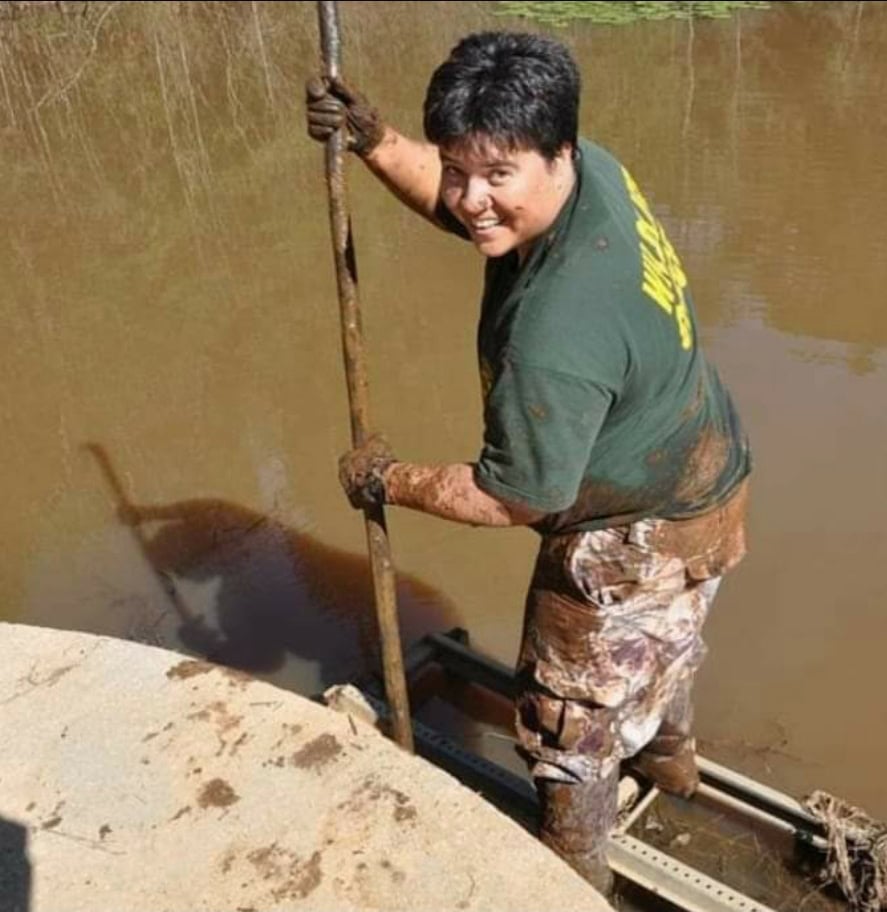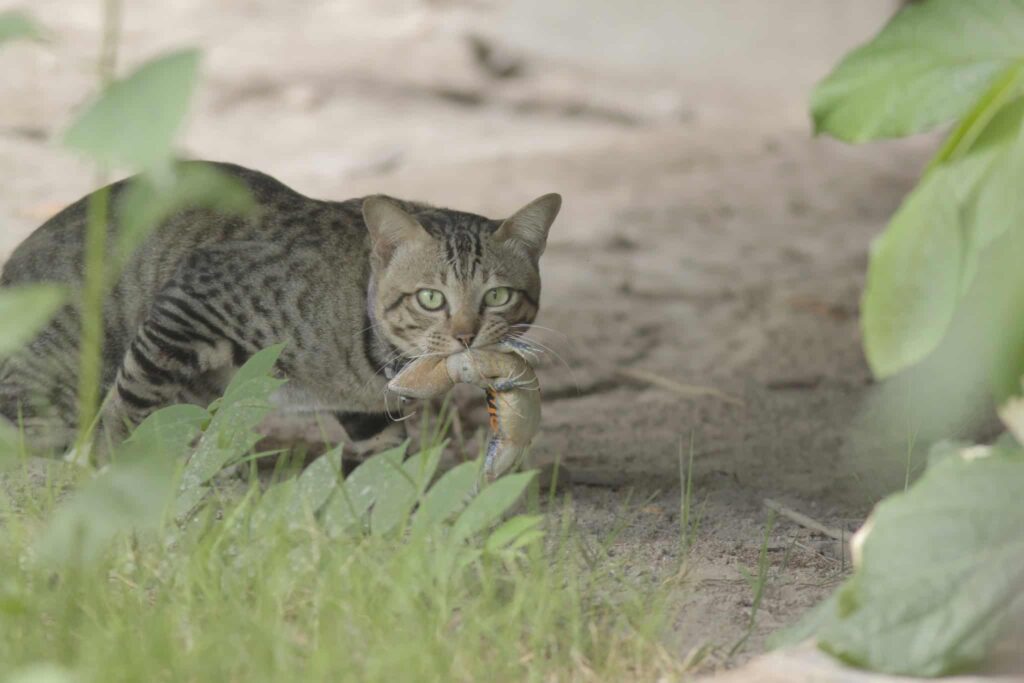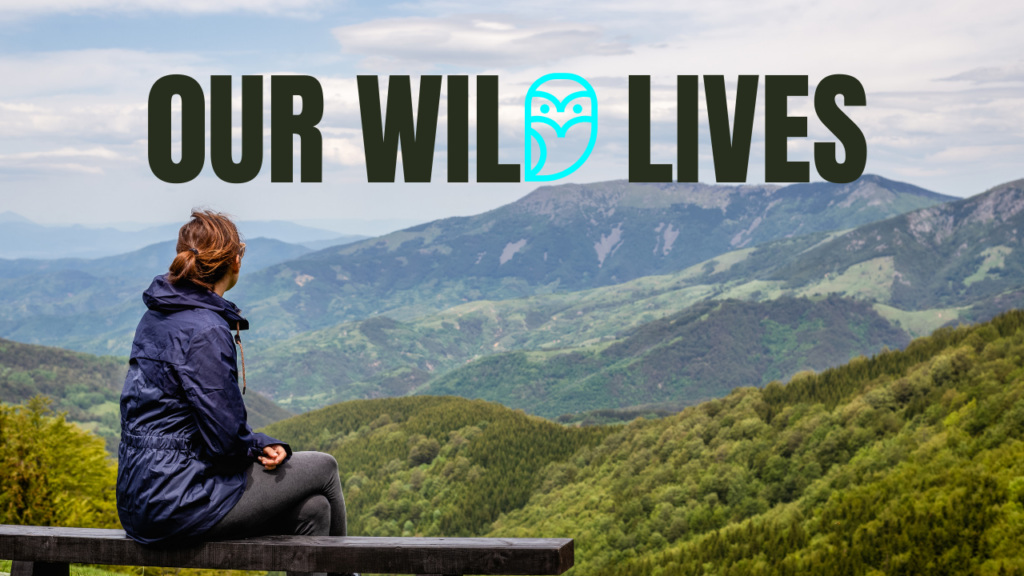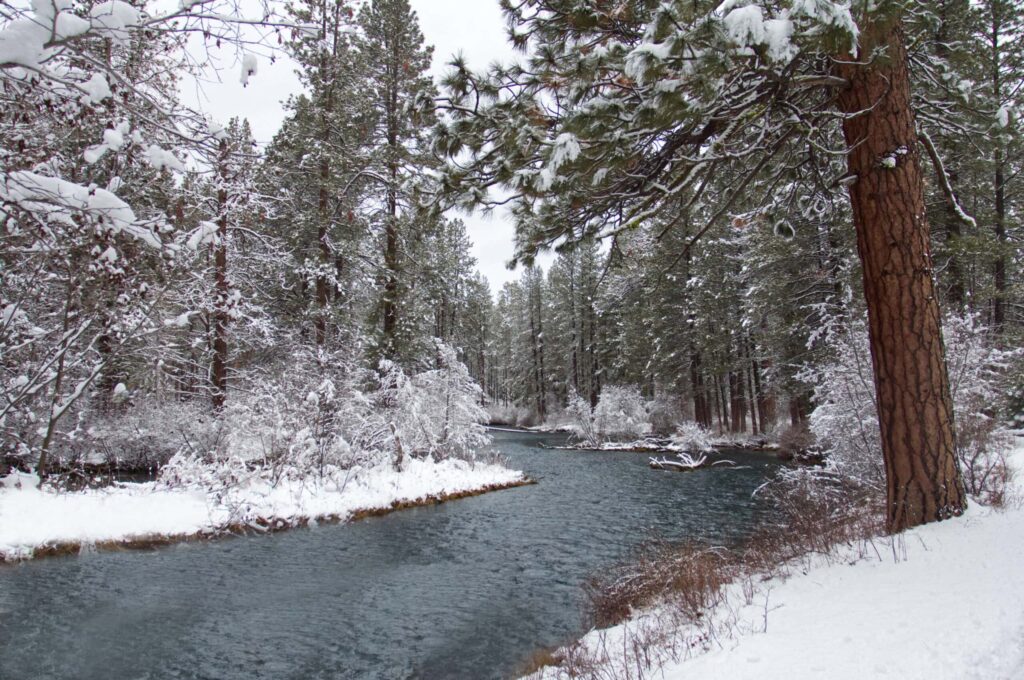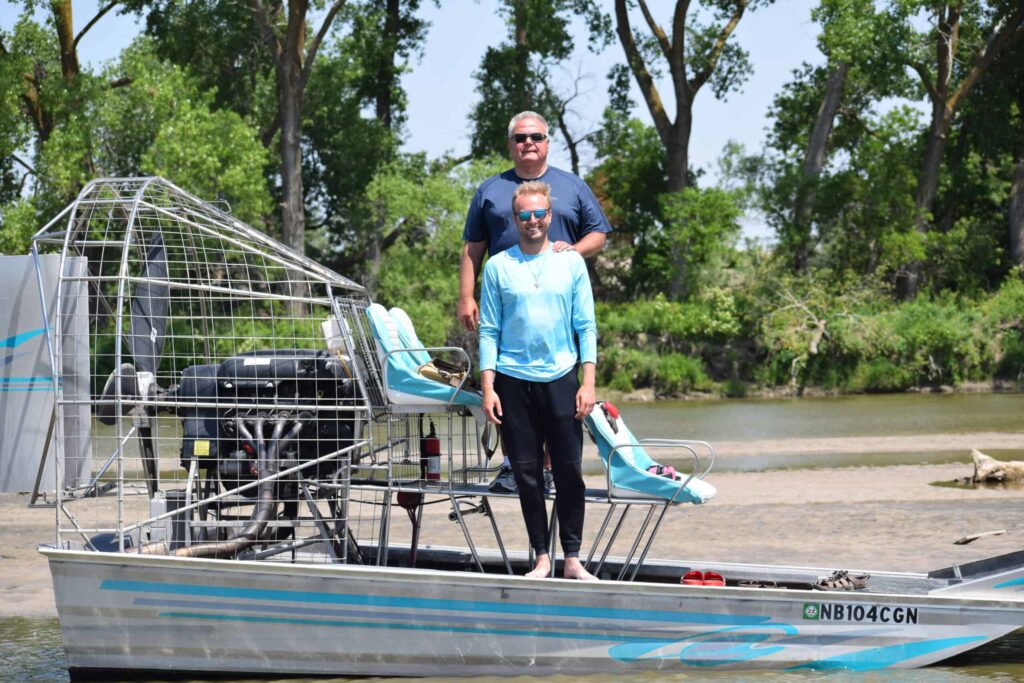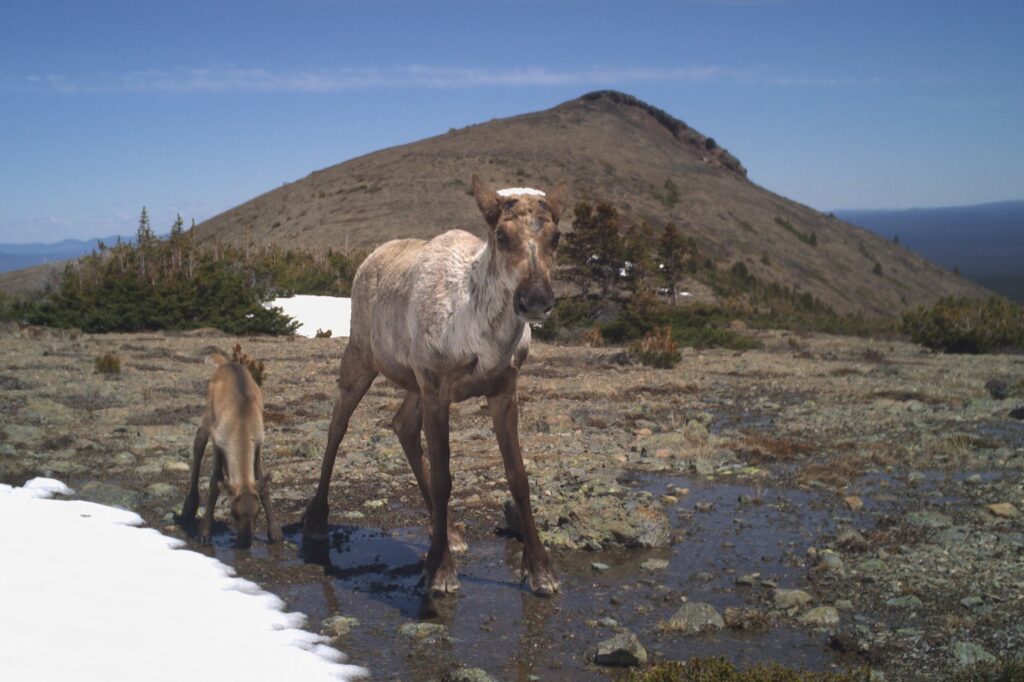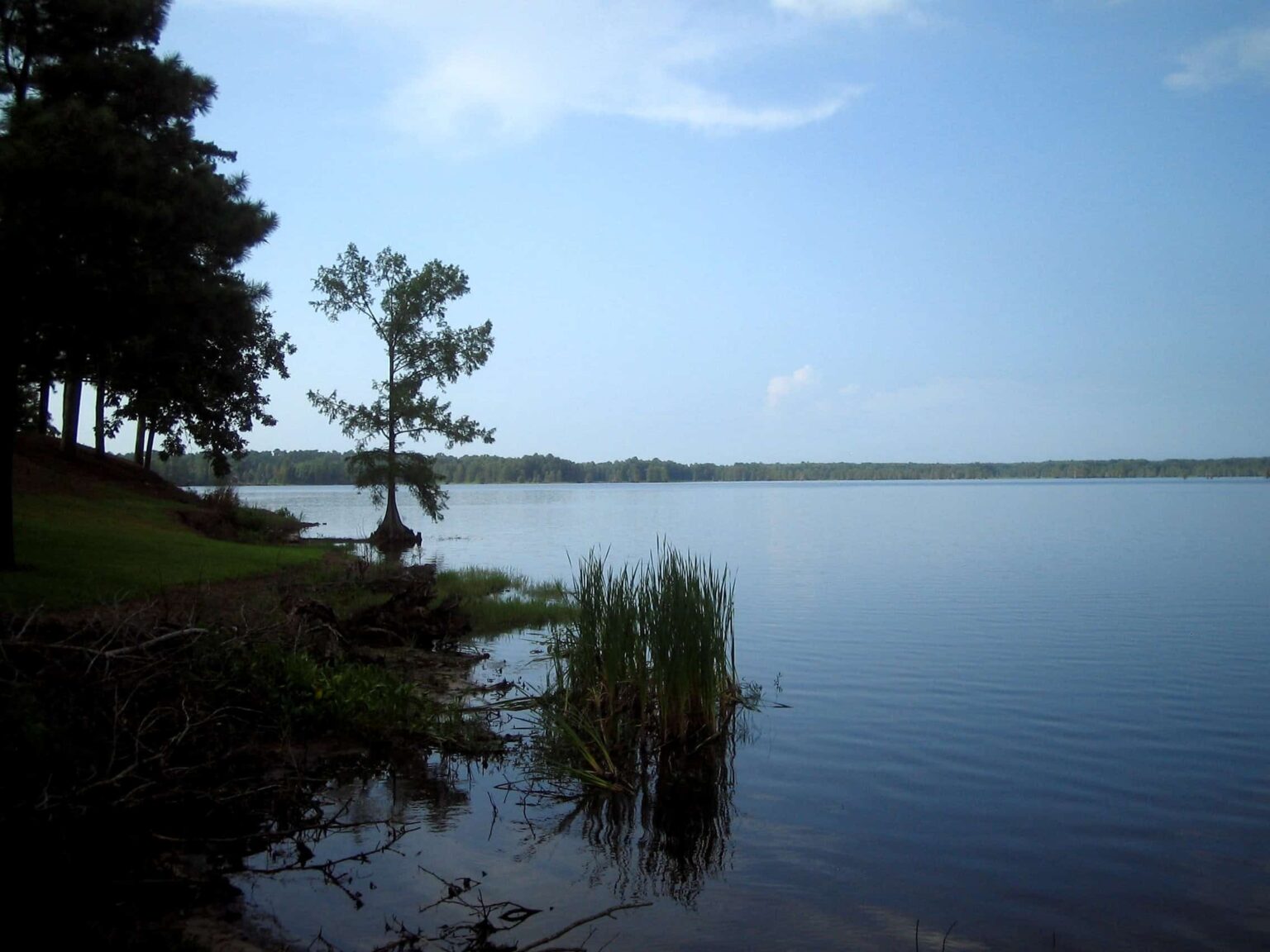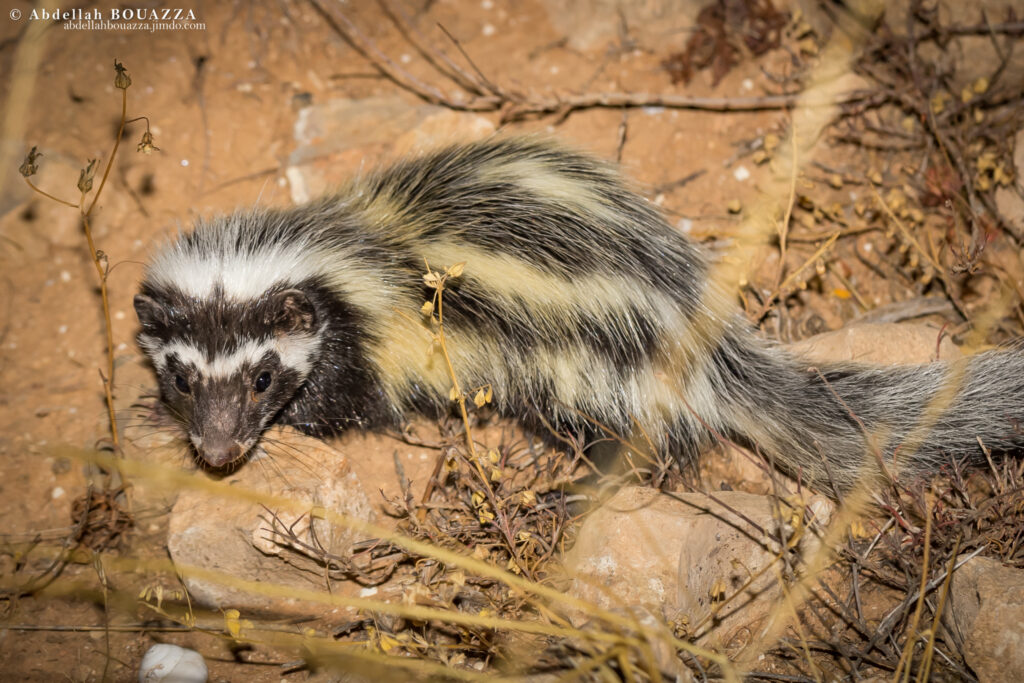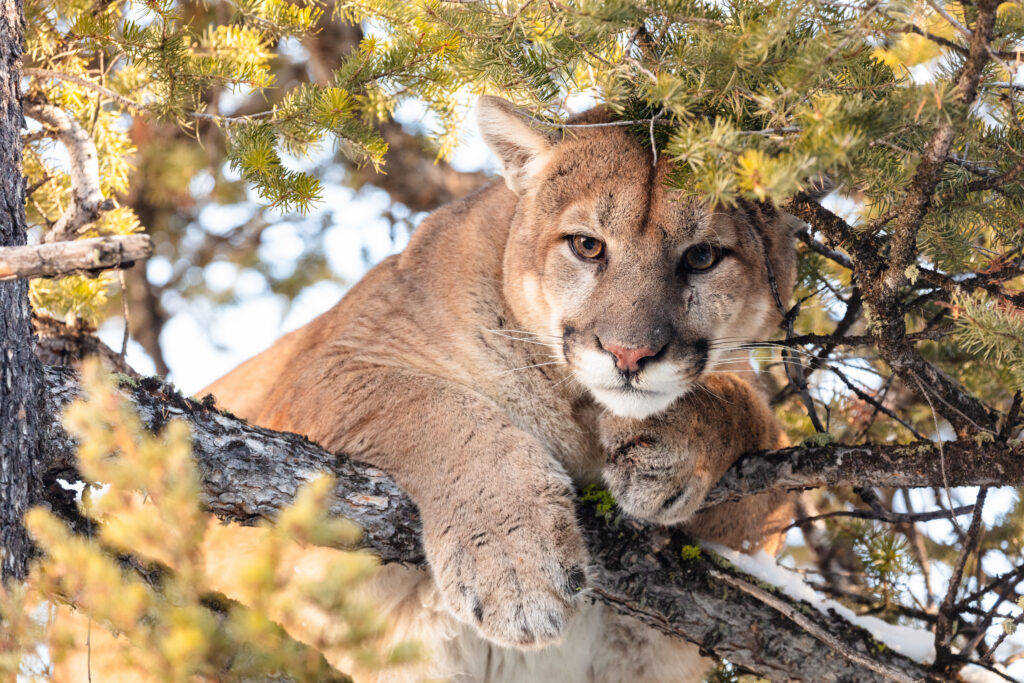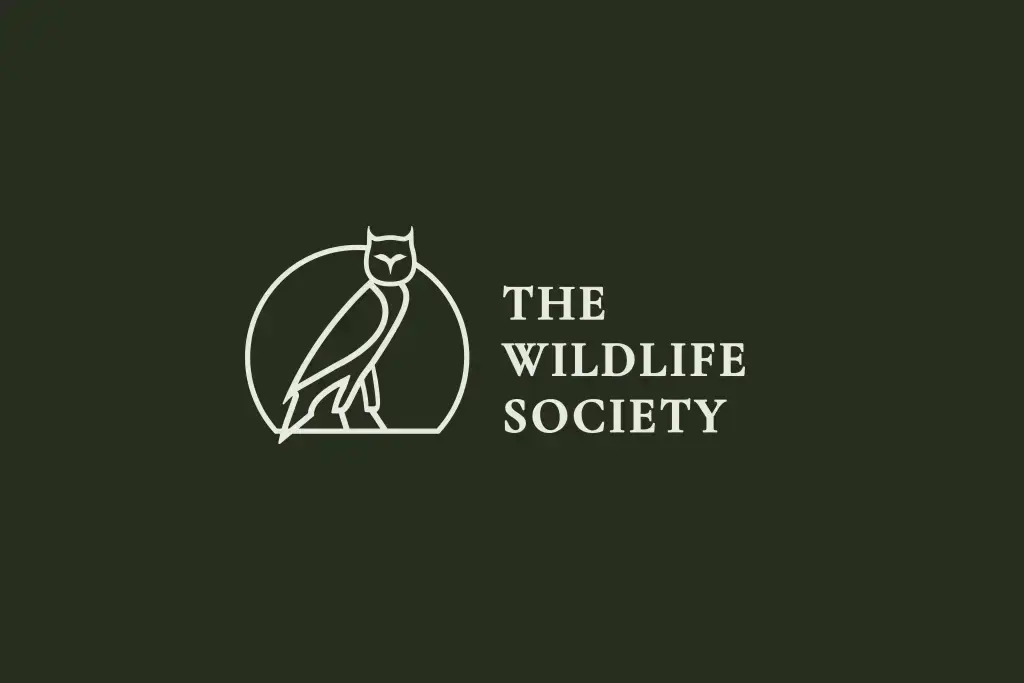Wildlife Vocalizations is a collection of short personal perspectives from people in the field of wildlife sciences.
It may be a little cliche, but the best advice I give to the youth that I have had the pleasure to work with is to “do what you enjoy to do”!
I’m a big believer in doing something you love because when you love it, it is not work. Having an interest in something only fuels your want to learn more about it.
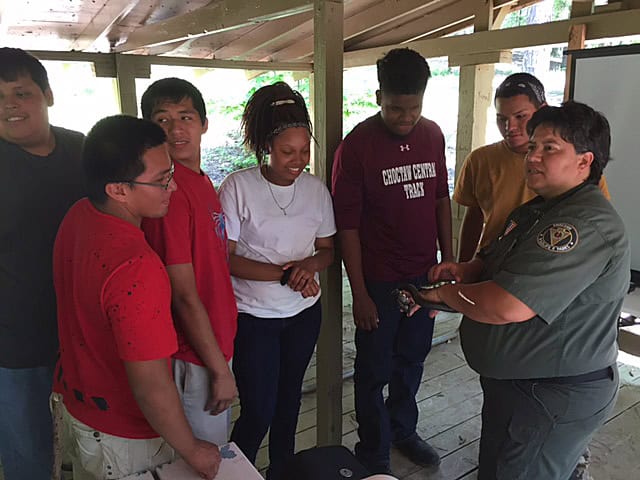
I use the same story all the time. When I speak to youth, I tell them that I used to check the same book out of the library (yes, I’m revealing my age a little) so much that I wore the book out. Eventually, my mom presented me with the same book. It happened to be a snake identification book, and now I’m called, texted, or messaged almost daily with questions on snakes.
When speaking one-on-one with these students, I tie in real-life situations along with this advice to show that it applies in everything they come into contact with. Whether it be the outdoors, athletes, music, arts or even academics, putting your all into something gives you returns that cannot be taken from you.
The rewards of accomplishing so much based on your own motivation is worth more than what someone else can reward you with.
I end all my youth talks with the same phases: “Love what you do, learn all you can about it, have fun, and don’t be afraid to get dirt on your hands!”
Wildlife Vocalizations is a collection of short personal perspectives from people in the field of wildlife sciences. Learn more about Wildlife Vocalizations, and read other contributions.
Submit your story for Wildlife Vocalizations or nominate your peers and colleagues to encourage them to share their story.
For questions, please contact tw*@******fe.org.
